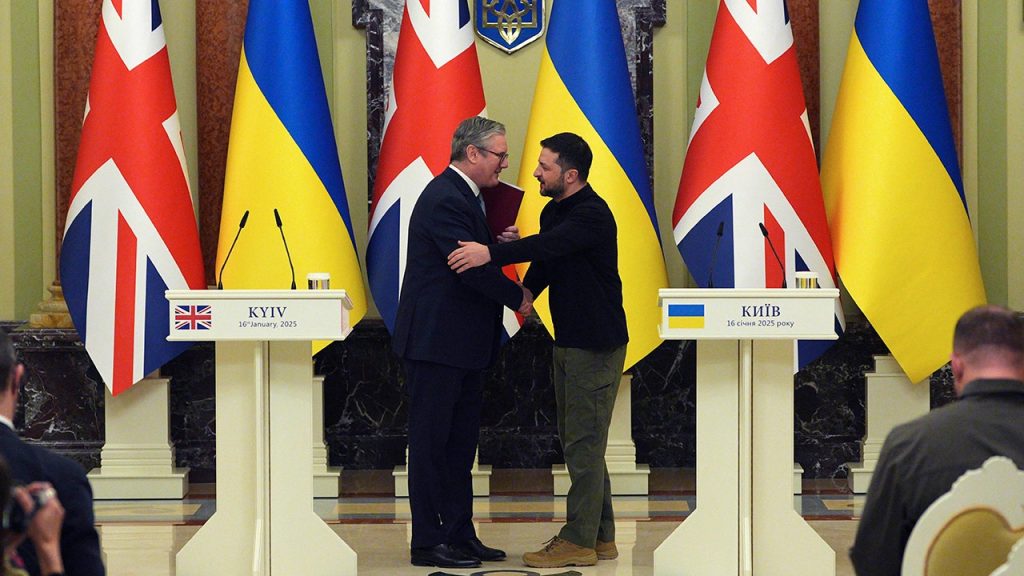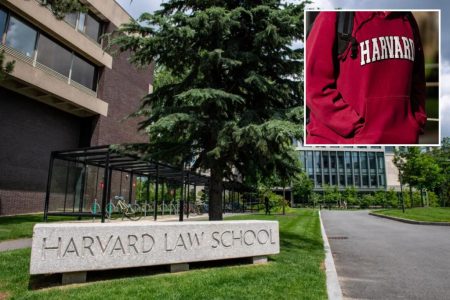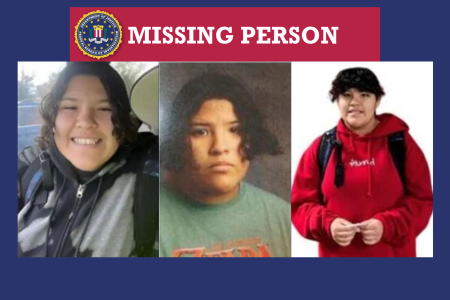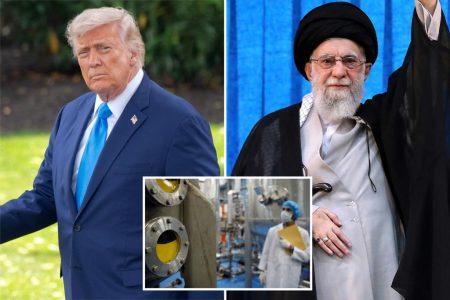Keir Starmer, the UK Prime Minister, embarked on a significant diplomatic mission to Kyiv, culminating in a landmark 100-year partnership agreement with Ukrainian President Volodymyr Zelenskyy. This visit, occurring days before Donald Trump’s presidential inauguration and amidst concerns about potential shifts in US foreign policy, underscored the UK’s unwavering commitment to Ukraine’s long-term security and prosperity. The agreement encompasses extensive cooperation on defense, technology, and economic matters, symbolizing a deep and enduring alliance forged in the crucible of war. Starmer’s presence in Kyiv, his first since assuming office, served as a powerful message of solidarity and a pledge of continued support, extending far beyond the immediate conflict. The timing of the visit, just days before a potential change in US policy towards Ukraine, highlighted the importance of securing continued international support for the embattled nation.
The centerpiece of Starmer’s visit was the signing of the unprecedented 100-year partnership agreement. This historic accord commits the UK and Ukraine to a century of collaboration across various sectors, including defense, technology, and economic development. Focusing on defense, the agreement prioritizes cooperation in maritime security, specifically addressing Russian activity in the Baltic, Black, and Azov Seas. Recognizing the critical role of technology in modern warfare, the partnership also emphasizes joint projects involving drones, which have become indispensable tools for both sides in the conflict. Furthermore, the agreement establishes a system to track stolen Ukrainian grain illicitly exported by Russia from occupied territories, aiming to counter Russia’s economic exploitation of Ukrainian resources.
Starmer’s visit unfolded against a backdrop of ongoing conflict. Even as the two leaders met at the presidential palace, the stark reality of war intruded as debris from downed Russian drones rained down on several Kyiv districts, a chilling reminder of the constant threat facing Ukraine. This incident, far from deterring Starmer, seemed to strengthen his resolve. He condemned the drone attacks as a testament to the challenges Ukrainians face daily and reaffirmed the UK’s commitment to standing by Ukraine in its fight for freedom. The visit also highlighted the broader European support for Ukraine, coinciding with visits from Italian and German defense chiefs and a phone call between Zelenskyy and French President Emmanuel Macron.
The flurry of diplomatic activity preceding Trump’s inauguration reflects the apprehension among Ukraine’s allies regarding the potential for a change in US policy. Trump’s previous skepticism about US military involvement in Europe and his stated intention to end the conflict have raised concerns that he might pressure Ukraine into unfavorable concessions. This has spurred allies to intensify their support, aiming to strengthen Ukraine’s position before any potential negotiations. The focus is on bolstering Ukraine’s military capabilities and ensuring continued economic and humanitarian assistance, aiming to give Ukraine the strongest possible hand in any future peace talks.
Discussions between Starmer and Zelenskyy touched upon the crucial question of how to achieve a just and lasting peace that guarantees Ukraine’s security, independence, and self-determination. One idea explored was Macron’s proposal for Western troops to monitor a future ceasefire. While Zelenskyy acknowledged the proposal, he cautioned that it was premature to discuss specifics. Starmer, while not committing to UK participation, affirmed that the UK would collaborate with Ukraine and its allies to devise robust security guarantees. Zelenskyy emphasized the importance of US involvement in any security arrangements, highlighting the critical role Washington plays in providing military support and advanced weaponry to Ukraine.
Starmer’s visit was not solely focused on high-level discussions; it also included poignant moments of remembrance and solidarity. He and Zelenskyy laid flowers at a memorial wall honoring those killed in the war, a somber testament to the human cost of the conflict. Starmer also visited a hospital specializing in burns treatment and viewed an exhibition of drone technology, underscoring the multifaceted nature of the UK’s support. As the war approaches its third anniversary, both sides are striving for battlefield advantages in anticipation of potential peace negotiations. Ukraine has launched a second offensive in Russia’s Kursk region and intensified drone and missile strikes on Russian military infrastructure. Russia, meanwhile, continues its slow advance in eastern Ukraine, while targeting Ukraine’s energy infrastructure in an attempt to cripple the country during the harsh winter.
The symbolic and practical significance of Starmer’s visit and the signing of the 100-year partnership agreement cannot be overstated. It represents a concrete demonstration of the UK’s commitment to Ukraine’s long-term security and prosperity, extending far beyond the immediate conflict. The agreement sets the stage for decades of collaboration on defense, technology, and economic development, forging a strong and enduring alliance between the two nations. In a time of uncertainty and potential shifts in global power dynamics, this partnership serves as a beacon of hope and a testament to the strength of international solidarity in the face of aggression. The visit underscores the UK’s commitment to not only supporting Ukraine in its current struggle but also to partnering with it in building a secure and prosperous future.










